Slavery in modern day Britain: is enough being done to tackle it?
'Oliver Twist scenarios' are playing out on British streets, despite the government's new anti-slavery legislation
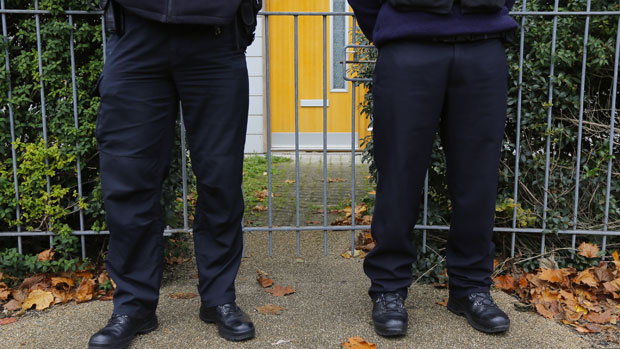
A free daily email with the biggest news stories of the day – and the best features from TheWeek.com
You are now subscribed
Your newsletter sign-up was successful
Child slaves are being forced to pickpocket, shoplift and beg on the streets of Britain, the country's anti-slavery commissioner has warned.
"We are in the 21st century and yet we have Oliver Twist scenarios happening in our streets and cities," said Kevin Hyland, reports the BBC. "I think we all thought that was gone and in the past but actually it's alive and kicking in London."
The former Metropolitan police detective who was appointed to head the government's anti-slavery campaign last year said modern slavery was a "very lucrative" business and urged police to make tackling it "one of the highest priorities".
The Week
Escape your echo chamber. Get the facts behind the news, plus analysis from multiple perspectives.

Sign up for The Week's Free Newsletters
From our morning news briefing to a weekly Good News Newsletter, get the best of The Week delivered directly to your inbox.
From our morning news briefing to a weekly Good News Newsletter, get the best of The Week delivered directly to your inbox.
How big is the problem globally?
There are said to be more people in slavery today than at any time in human history. The total number is estimated to be 35.8 million - more than double the total number of people believed to have been taken from Africa during the transatlantic slave trade. According to the Global Slavery Index 2014, 61 per cent of those living modern slavery are in five countries: India, China, Pakistan, Uzbekistan and Russia.
How does the UK compare?
Out of 162 countries listed on the index, the UK came 149th on the list with an estimated 8,300 people living in slavery. In December, the government estimated that there were between 10,000 and 13,000 potential victims of slavery in the UK. The most prevalent form of modern slavery identified in the country is said to be trafficking of foreign nationals and UK citizens for commercial sexual exploitation and forced labour, and it affects both adults and children.
A free daily email with the biggest news stories of the day – and the best features from TheWeek.com
What are these people being made to do?
Primarily originating from Africa, Asia and Eastern Europe, victims of modern slavery in the UK are forced into sex work, domestic servitude, agriculture, construction, food processing, benefit fraud, and coerced criminality. Some also work in nail salons and food services.
Recent cases
There have been a number of disturbing cases of slavery in Britain in recent years. In November 2013, three women were freed from a house in south London after being held captive for more than 30 years. They were held in "domestic slavery" and had no contact with the outside world during their captivity. Pensioner Aravindan Balakrishnan has been charged with 25 offences including rape and child cruelty and is awaiting trial.
In the same year, an 84-year-old man from Salford and his wife were jailed for keeping a young deaf and mute girl in their basement as a sex slave. The girl was "spirited" from her home in Pakistan at the age of ten and sent to his home, where she was forced to carry out domestic chores and repeatedly raped.
What has the government done to protect victims?
Britain is among the list of governments taking the most action to end modern slavery, according to the Global Slavery Index. This year, the Modern Slavery Act became law, consolidating previous legislation under a single act. Under the bill, maximum custodial sentences for offenders were increased from 14 years to life and offenders with prior convictions for very serious sexual or violent offences face automatic life sentences. "It gives law enforcement more flexibility, more powers, it gives the victims far more protection through the criminal justice system," said Hyland, describing it as a "watershed".
What more needs to be done?
Home Office minister Karen Bradley says the government has "succeeded" in putting modern slavery at the top of the agenda and is "determined to eradicate it".
But Hyland describes the number of convictions for slavery offences as "nowhere near good enough" and highlights inconsistencies in how authorities approach the issue, with training, police response and victim care varying widely. "In some parts of the country you see really first-class models and then in the same regions you see where there are systems and processes which need extensive improvement," he said. "These are things that really need to change."
-
 How the FCC’s ‘equal time’ rule works
How the FCC’s ‘equal time’ rule worksIn the Spotlight The law is at the heart of the Colbert-CBS conflict
-
 What is the endgame in the DHS shutdown?
What is the endgame in the DHS shutdown?Today’s Big Question Democrats want to rein in ICE’s immigration crackdown
-
 ‘Poor time management isn’t just an inconvenience’
‘Poor time management isn’t just an inconvenience’Instant Opinion Opinion, comment and editorials of the day
-
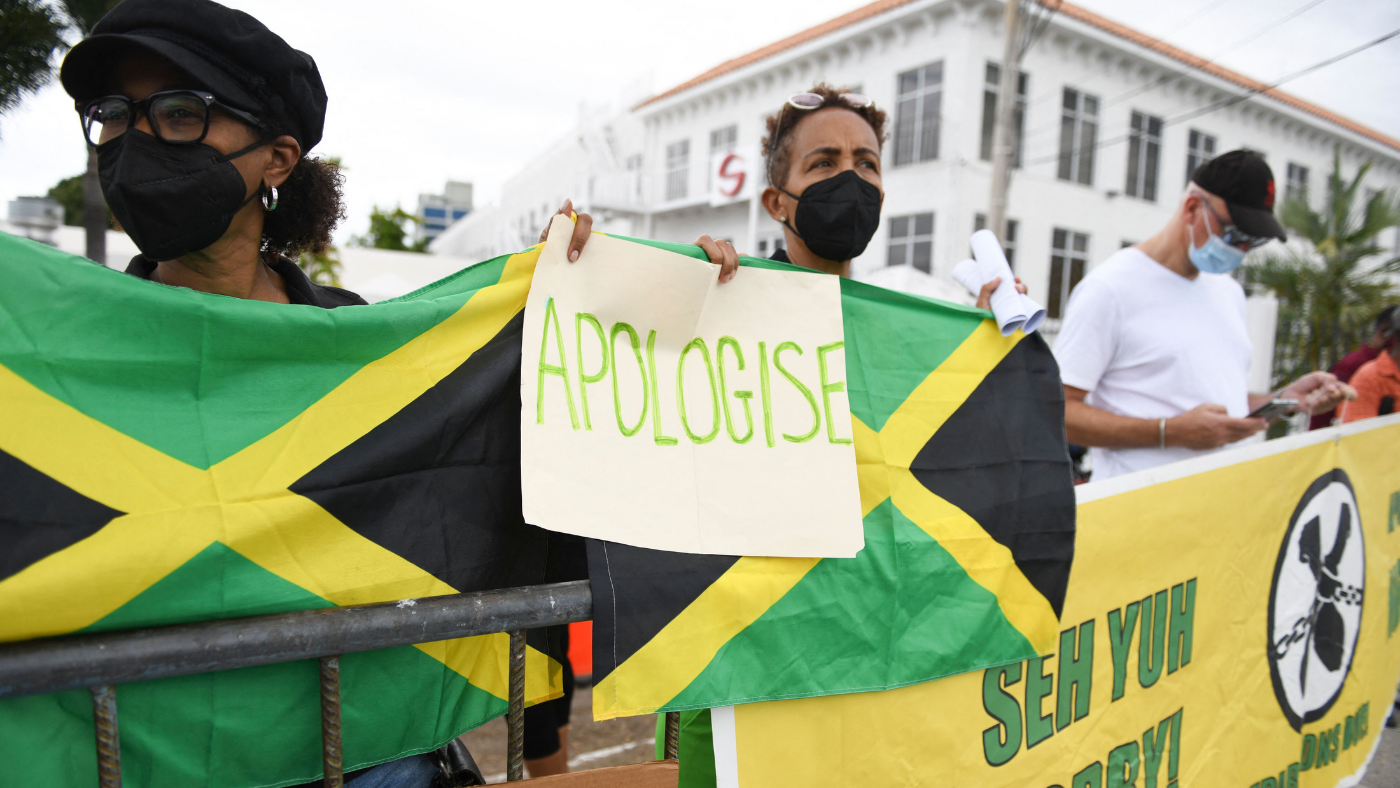 ‘Jamaica’s reckoning with Britain is long overdue’
‘Jamaica’s reckoning with Britain is long overdue’Instant Opinion Your digest of analysis from the British and international press
-
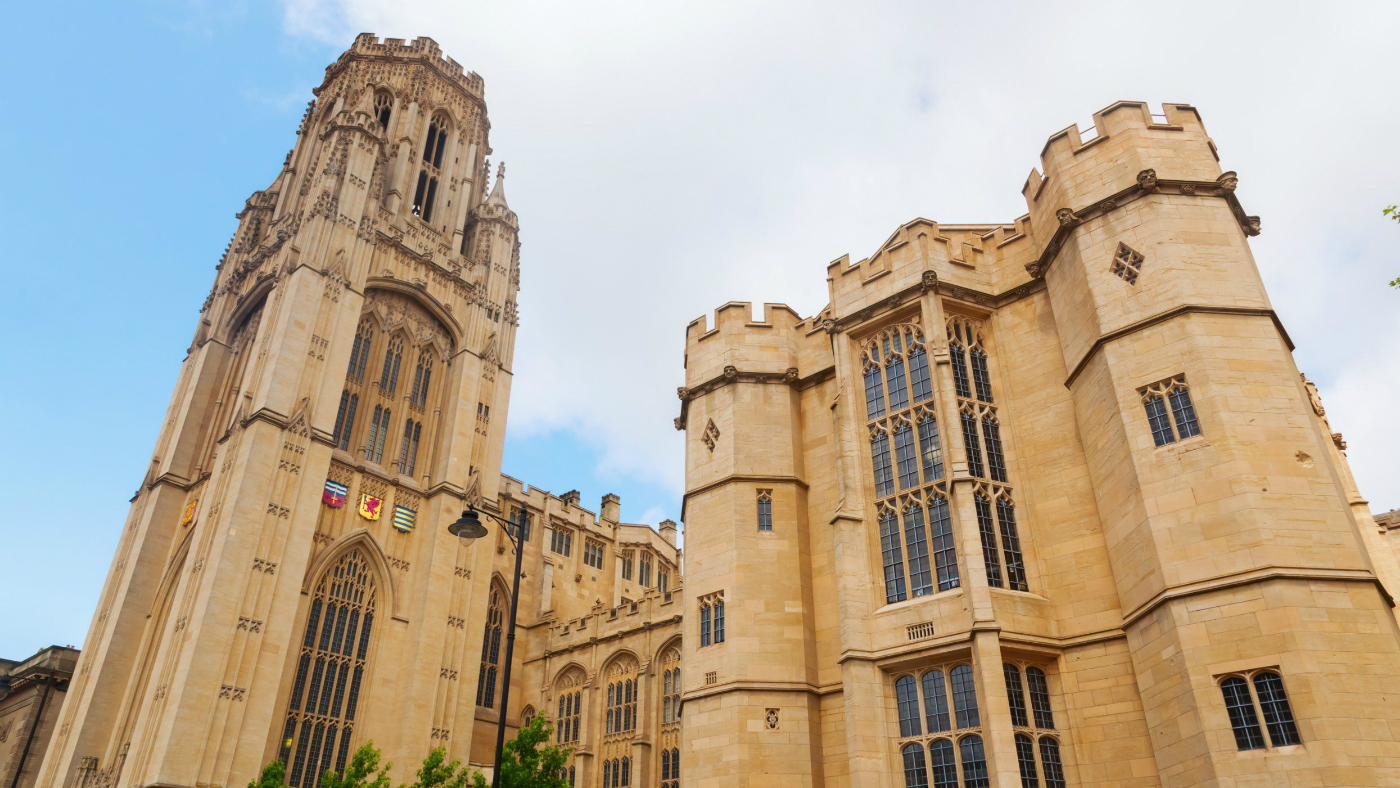 Which UK cities most benefited from the slave trade - and how can you tell?
Which UK cities most benefited from the slave trade - and how can you tell?In Depth London, Liverpool and Bristol among those built with proceeds of human trafficking
-
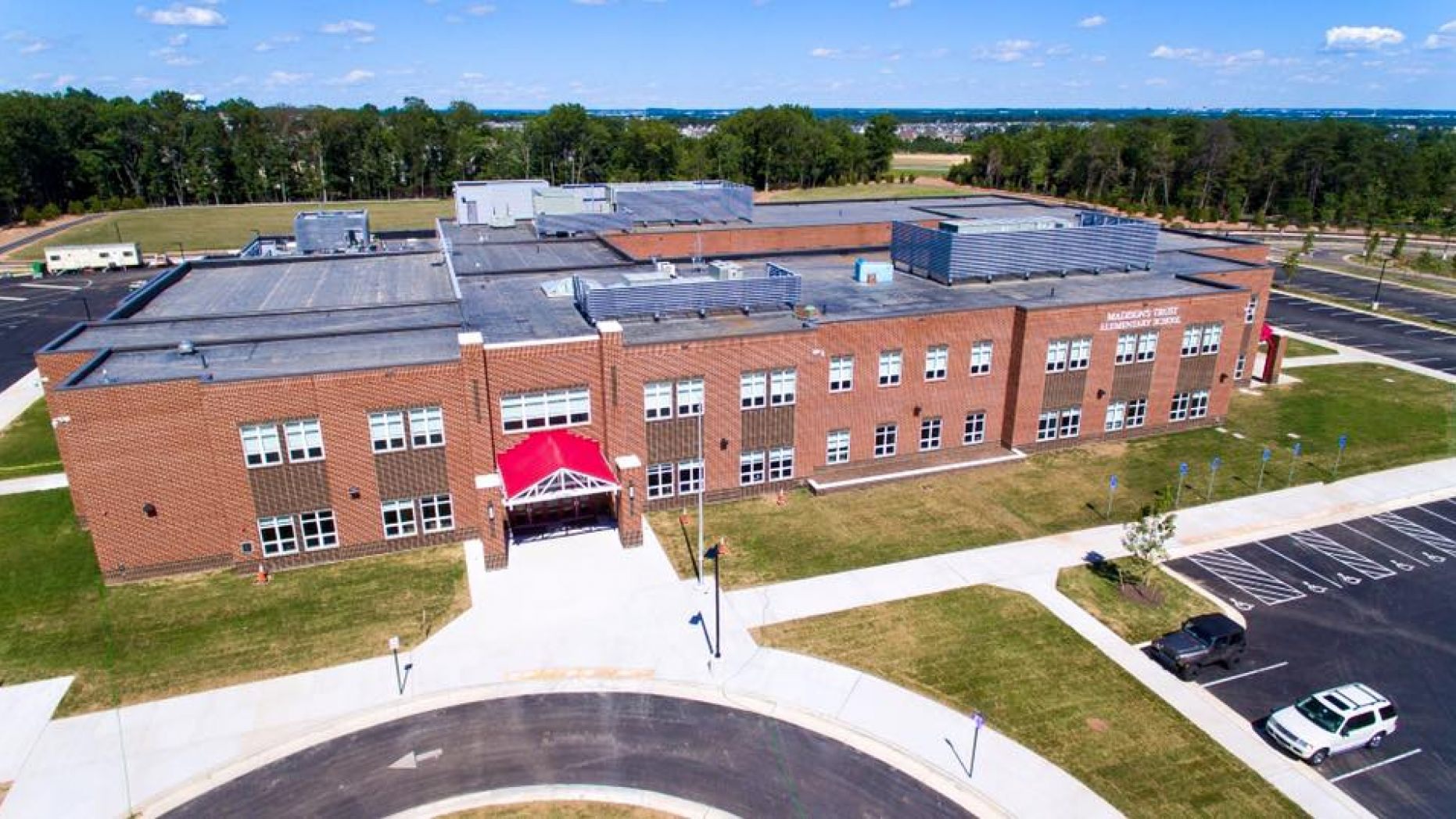 US school apologises for slave role play
US school apologises for slave role playIn Depth Students in Virginia told to overcome physical obstacles to mimic slaves who took part in the Underground Railroad
-
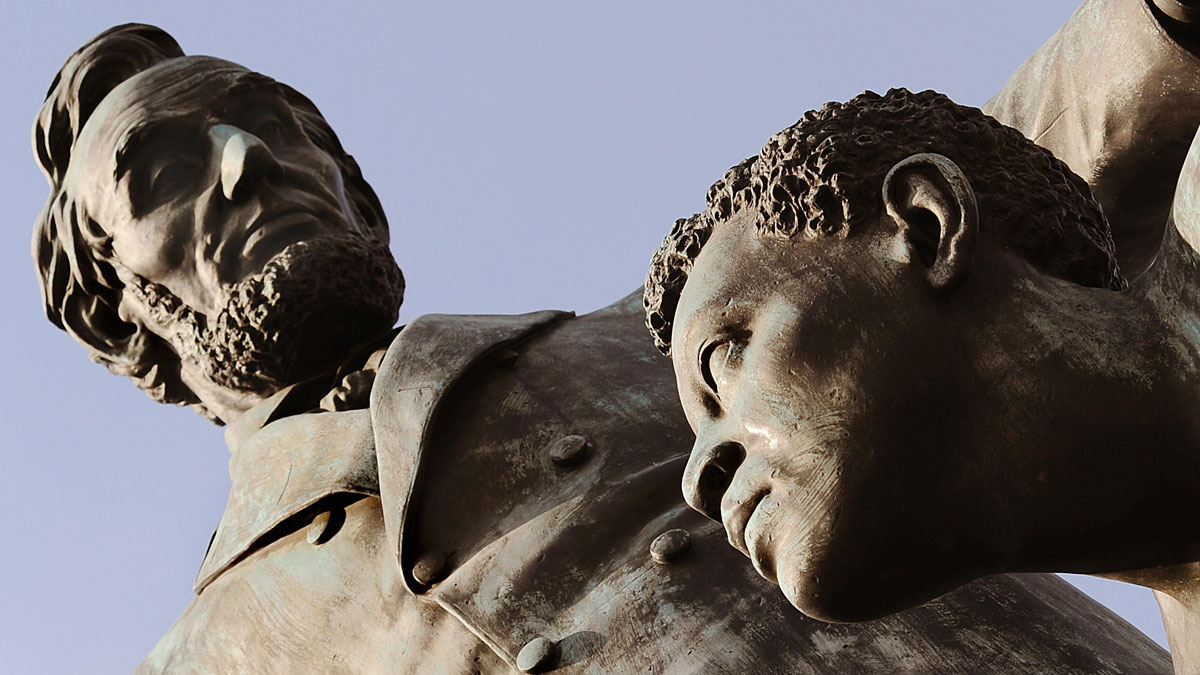 The legacy of slavery: three challenges for the US
The legacy of slavery: three challenges for the USIn Depth America is once again going through a period of soul-searching, 150 years after abolition of slavery